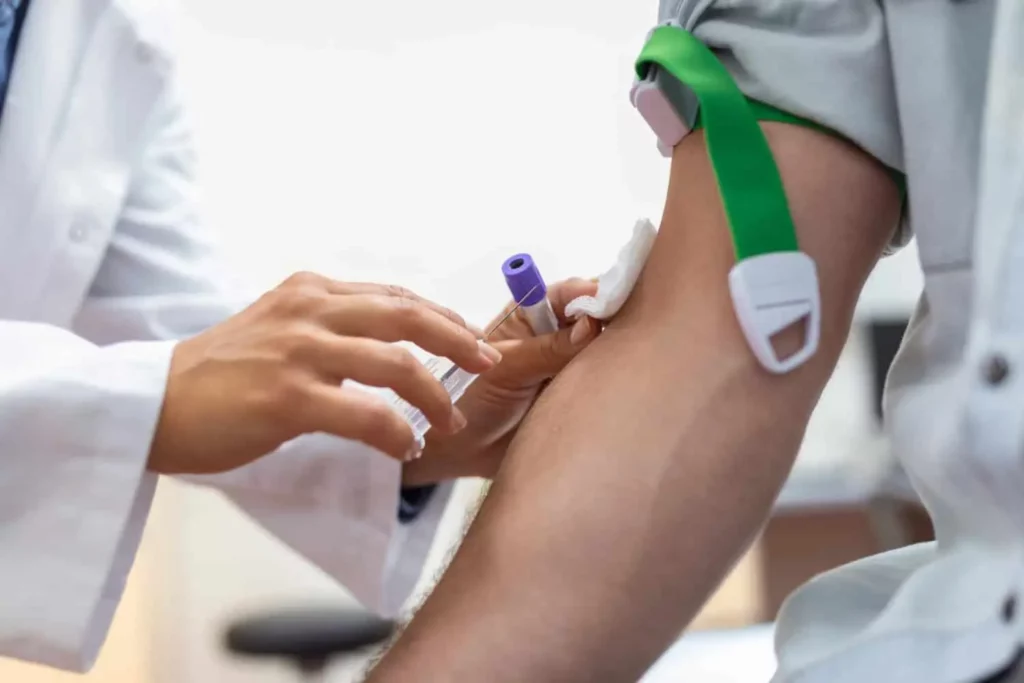Nov . 29, 2024 15:41 Back to list
Top Dengue Fever Blood Tests for Accurate Diagnosis and Effective Monitoring
Understanding the Best Dengue Blood Test An Essential Tool in Diagnosis
Dengue fever, caused by the dengue virus, poses a significant health threat in tropical and subtropical regions worldwide. As the prevalence of dengue continues to rise, effective diagnosis becomes crucial for proper management and treatment. Among the various diagnostic methods available, the dengue blood test stands out as an essential tool. In this article, we will explore the best dengue blood tests available, their significance, and how they contribute to effective disease management.
Dengue fever manifests through a range of symptoms, including high fever, severe headache, joint and muscle pain, rash, and mild bleeding. Since these symptoms can overlap with other illnesses, it becomes imperative to utilize a reliable diagnostic method to confirm dengue infection. The best dengue blood tests facilitate early diagnosis, which is vital for reducing complications associated with the disease.
Types of Dengue Blood Tests
There are primarily two types of tests used to diagnose dengue serological tests and molecular tests
.1. Serological Tests - Dengue NS1 Antigen Test This test detects the presence of the dengue virus's non-structural protein 1 (NS1), which appears in the blood during the early stages of infection. It is especially useful when a patient presents symptoms within the first week of fever. The NS1 test can also be used alongside antibody tests to improve diagnostic accuracy. - Dengue Antibody Tests (IgM and IgG) These tests measure the immune response to dengue infection. Immunoglobulin M (IgM) antibodies are typically detectable about five to seven days after the onset of symptoms, indicating a recent infection. Immunoglobulin G (IgG) antibodies, on the other hand, appear later and signify a past infection. The presence of both antibodies can aid in determining the severity and timing of the infection.
2. Molecular Tests - Polymerase Chain Reaction (PCR) Test This highly sensitive and specific test detects the genetic material of the dengue virus in the blood. The PCR test can confirm dengue infection much earlier than serological tests, ideally within the first week of the disease onset when the viral load is highest. It is particularly useful in severe cases where immediate diagnosis is critical.
best dengue blood test

Choosing the Best Dengue Blood Test
The best dengue blood test often depends on the timing of the test relative to the onset of symptoms. For early diagnosis, the NS1 antigen test or PCR test is recommended, while serological tests become more reliable in the later stages of infection. Moreover, healthcare providers may choose a combination of tests to enhance diagnostic accuracy, especially in areas where dengue is endemic.
Importance of Early Diagnosis
The timely identification of dengue infection through blood tests allows for appropriate clinical management. Patients diagnosed with dengue can be monitored closely for potential complications, such as dengue hemorrhagic fever or dengue shock syndrome, which can arise in severe cases. Early intervention and monitoring can significantly improve patient outcomes and reduce morbidity associated with the virus.
Conclusion
In conclusion, the best dengue blood test plays a pivotal role in the effective diagnosis and management of dengue fever. With advancements in diagnostic methods, healthcare providers can choose the most appropriate tests based on the clinical scenario, ensuring that patients receive timely and adequate care. As dengue fever remains a major public health concern, increasing awareness of the importance of prompt diagnosis through reliable blood tests is essential in mitigating its impact on affected populations.
-
Reliable Early Pregnancy Test Kit Supplier - Multi Plastic Cassette Options
NewsJul.30,2025
-
Transferrin Rapid Test Cassette – Reliable Tumor Marker Detection
NewsJul.29,2025
-
Accurate Follicle Stimulating Hormone Test Kit | Rapid Reliable Results
NewsJul.29,2025
-
High Accuracy LH Ovulation Test Kit - Digital Results & Wholesale Options
NewsJul.29,2025
-
HbsAg Blood Rapid Test Kit for Fast & Accurate Hepatitis B Detection
NewsJul.28,2025
-
Sterile Urine Cup for Safe & Easy Collection | High-Quality Specimen Cups
NewsJul.28,2025

